Chinese bearing companies seek aviation business
Updated: 2015-06-04 04:38
By LI NA and KELSEY CHENG in Toronto(China Daily Canada)
|
||||||||
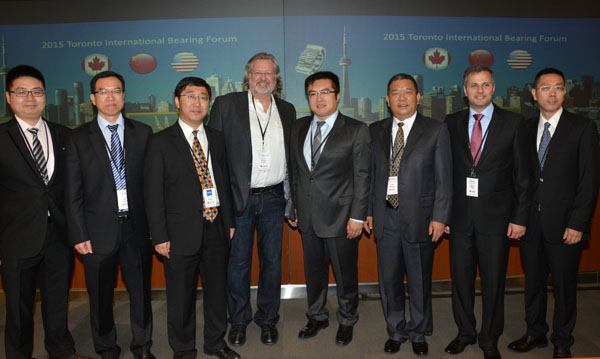 |
|
Participants at the 2015 Toronto International Bearing Forum held on May 28-29 in Toronto, included: From left: Zhixiong Cheng, chief engineer, Fujian Longxi Bearing Co Ltd; Jun Ye, deputy general manager, Luoyang LYC Bearing Co Ltd; William McKay, CEO, Trans-pacific Aerospace; Gavin Rao, CEO, AVICAST Inc; Wentong Zang, general manager, Luoyang Bearing Science & Technology Co Ltd; Anthony Habra, executive director, AVICAST Inc; Jeffrey Chen, account manager, AVICAST Inc.[Photo by LI NA/ CHINA DAILY] |
No American or European airplanes use Chinese parts. And Ye Jun wants to change that.
"We are here to explore potential opportunities with North American companies," the deputy general manager at Luoyang LYC Bearing Co., Ltd, told China Daily.
Ye was one of the participants at the 2015 Toronto International Bearing Forum. The two-day event on May 28-29 in Toronto was hosted by AVICAST INC, an aviation engineering training and consultation firm based in Mississauga, Ontario.
"This forum aims to bridge the technology gap and create bi-lateral opportunities between North America and China and provide a platform for the aviation industry to develop overseas markets," said Anthony Habra, executive director of AVICAST.
"What AVICAST aims to initiate is to invite all these experts in the field to collaborate to create a more structured way of simplifying and enabling manufacturers in China to come to a level closer to being qualified in North America," he said.
Ye said he attended the forum to explore potential opportunities with North American companies. Ye also shared his experiences in wind mills and oversized bearing manufacturing in the Chinese aviation industry. After his presentation, he was approached by UTC Aerospace Systems (UTC), an American supplier of aerospace and defense products.
"LYC has a strong engineering group; they're willing to look into issues such as vibration testing and environmental impact," Violante said, "These are things that they might not do today, but are willing to facilitate."
According to Violante, every aspect of building a functional bearing is crucial, from design to production, then testing to logistics. But nothing is more important than the raw material used.
"While we qualify the product; we also qualify the source. If we can't qualify the source, we question the product," Violante said. "If LYC can demonstrate that the raw material traceability comes from a reliable source, the likelihood of qualifying that product is higher."
William McKay, CEO of Trans-pacific Aerospace, an aerospace bearing manufacturing company that operates in Guangdong, China, agreed that the two most important aspects of creating a bearing is its traceability of raw materials and understanding the qualification requirements, referring to the list as some "complicated reading".
"When you start to read this documentation and get confused – which you will – be patient," McKay recommended to the delegates, "Talk to a qualifying agency. Reading the specs alone doesn't get you the understanding."
Apart from searching for lower cost manufacturers, meeting the rapid growing demand in the aerospace industry is another pressing issue. According to Habra, the Chinese commercial aircraft market is projected to be a $900 billion industry, with more than 6,000 new commercial aircraft to be delivered in the coming 20 years.
"There are now a lot of new airlines that serve regional routes in China, which has a population four times more than the States," Habra added. "There is definitely an organic potential for growth, just in terms of population and provinces."
During the Canadian Prime Minister Stephen Harper third visit to China in November 2014, the two sides renewed the MOU on promoting cooperation in civil aviation industry, as well as announced the conclusion of staged negotiations towards a bilateral aviation technical arrangement on airworthiness.
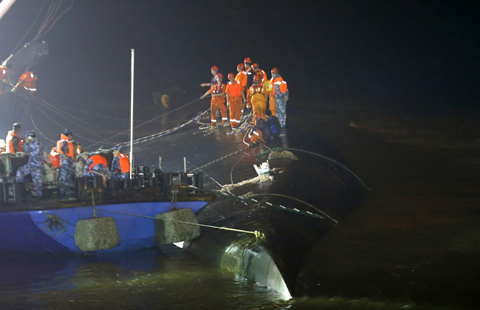
 Rescuers fought bad weather at night
Rescuers fought bad weather at night
 Kobe Bryant causes a stir on Weibo
Kobe Bryant causes a stir on Weibo
 Ten photos you don't wanna miss - June 3
Ten photos you don't wanna miss - June 3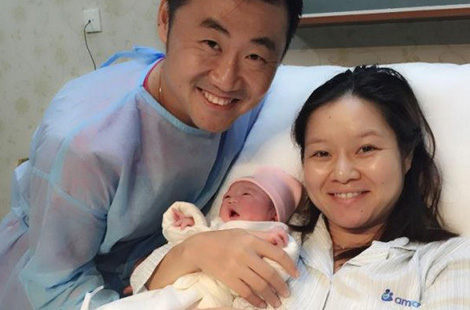
 Li Na gives birth to baby girl
Li Na gives birth to baby girl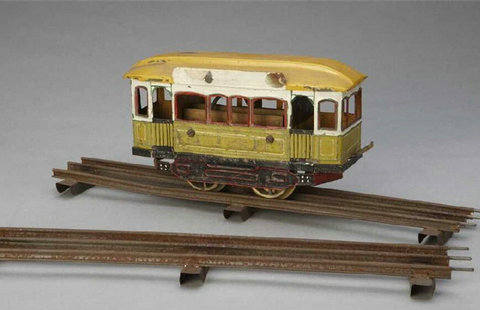
 Culture Insider: Mysterious imperial toys of the Qing Dynasty
Culture Insider: Mysterious imperial toys of the Qing Dynasty
 Top 10 most expensive sports cars for 2016
Top 10 most expensive sports cars for 2016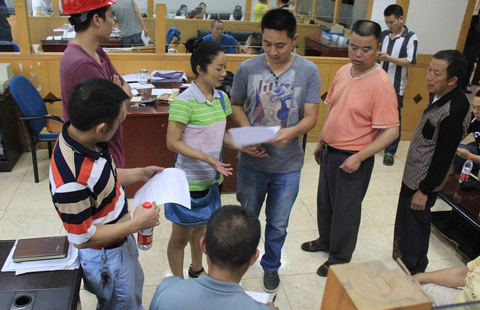
 Anxious wait for family members of passengers on capsized ship
Anxious wait for family members of passengers on capsized ship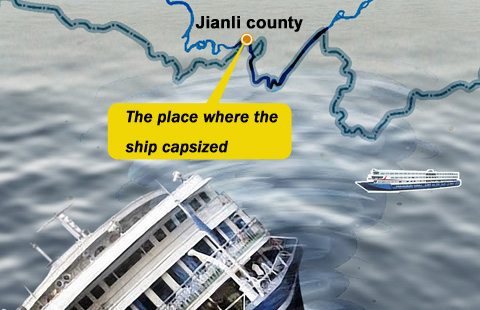
 Key facts in the 12 hours after ship capsizes in Yangtze River
Key facts in the 12 hours after ship capsizes in Yangtze River
Most Viewed
Editor's Picks

|

|

|

|

|

|
Today's Top News
Ship disaster in Yangtze River: Roundup of updates
Obama signs bill remaking NSA phone records program
Unconfirmed multiple bomb threats made against flights in US
Where Caitlyn Jenner found her Vanity Fair style inspiration
Ship carrying 458 people sinks in Yangtze River
Win-win solution is US should seek in Aisa
Woman behind Silicon Valley sex bias suit appealing verdict
Defense hawk Senator Lindsey Graham launches presidential bid
US Weekly

|

|






